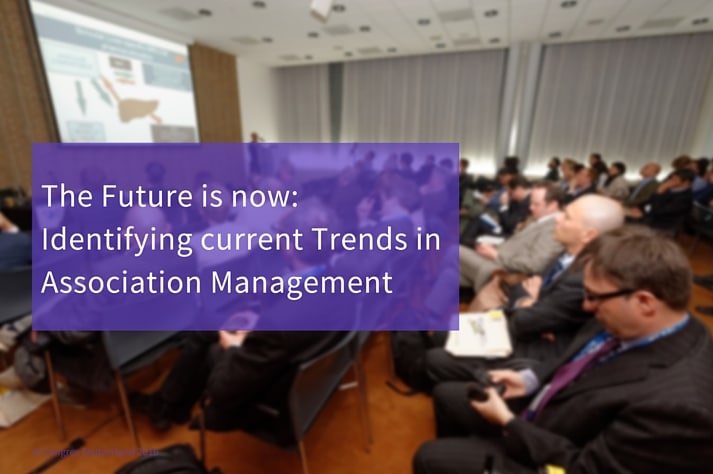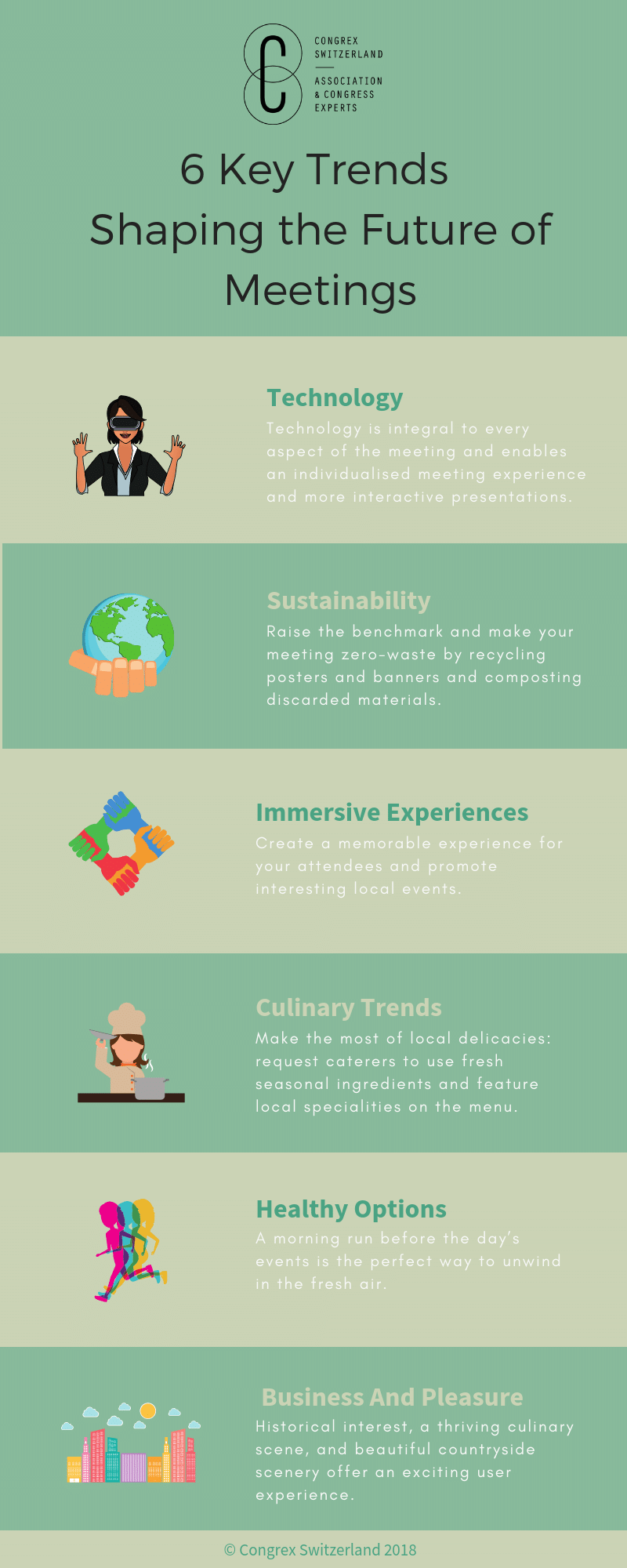There is little doubt that professional association management within the associations community is experiencing a renaissance of late. Perhaps unfairly, outside commentators have often viewed the service to one’s association as a poor motivator for achieving high performance – especially when compared to the financial profitability which drives the innovations of the private sector.
Related blog: Member Engagement in Association Management
Yet, today, it is the association leaders who are proving themselves to be the true innovators in their managerial duties: by discovering the benefits of software tools, digital spaces, and entrepreneurial approaches in order to offer the most attractive experiences for their membership. The role of management within associations is not merely changing; it has already changed. Today, as a professional association consulting company, we consider some of the most effective current trends: approaches that are helping association managers to rejuvenate their systems, and achieve their collective – and, as we shall see, increasingly diversified – core objectives.
Successful association management means rethinking old approaches
There is one factor that each of the new generation of association managers has in common: they do not adhere to existing structures and approaches for tradition’s sake. There may be more than a hint of ”If you can’t beat them, join them” to our first point of consideration, yet one of the most widely adopted trends in recent years has been the phasing in of a private enterprise, for-profit outlook.
What we may call the hybridisation of structures and objectives affects the long-term policy decisions of an organisation as much as it shapes its everyday processes and culture. Case studies over the last two decades have documented that associations that employ for-profit strategies within socially orientated projects are consistently meeting their community-facing objectives, while also generating a financial platform for growth and security. And, while traditional strategies could match these results in terms of community impact just as efficiently, they often were unable to also generate the same revenue channels – and the resultant stability.
Yet this can entail a dramatic change of internal culture for associations: some personnel are likely to remain focused on association objectives, while others will be repositioned to address the profit motive. In this respect, hybridisation generates additional management responsibilities, with a need to mediate and negotiate conflicts between these two – often differing – directions of your association.
Rejuvenation, growth, and the digital transformation
Digital technology has been responsible for a seismic shift in our society, including association management and membership management – not least because it has altered the expectations of members. Multimedia content and social media platforms have created the opportunity for a more personal – and more democratic – relationship between association and member. Astute leaders have learned to engage, rather than ignore, these opportunities: putting into motion a digital transformation of the modern association. To date, successful initiatives have included: diversification of online revenue streams, provision of personalised access points via apps and social media, and the publication of valuable, collaborative content. Any project where you are engaging the digital generation is a valuable achievement: Millennials are a significant, and increasingly financially active, section of the labour market.
Related blog: Digital Marketing Trends: Top Tips for Associations
Yet there is no single, off-the-shelf solution for associations that wish to tackle the challenges of the digital age, and this is where we can find our final trend: the ability for association managers to learn organisational agility. Digital technology grows at an exponential rate; the possibility that a new development can disrupt an entire section of the economy is both real, and something that most of us will already have witnessed many times over in the recent past.
But organisational agility means more than simply planning for the unexpected. It means having the resources and strategies to build stability into your association, while retaining the capacity to seize opportunities that present themselves, or respond to the arrival of new, and often disruptive technology.
——
Congrex Switzerland is an internationally operating agency delivering integrated solutions especially for non-profit clients. This encompasses the overall organisation of conferences including the management of hotel rooms and the strategic consultancy of associations. Annually Congrex Switzerland organises approximately 33 conferences with over 73’000 delegates. Amongst our clients are international associations, governmental organisation and corporations.
If you wish to receive additional information about Congrex Switzerland, please feel free to contact us.








